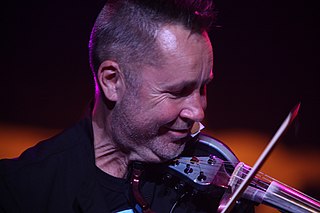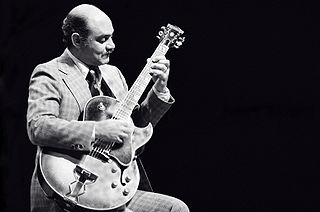A Quote by Nigel Kennedy
I've learnt new scales through playing different types of music, like Indian raga scales, gipsy scales and harmonically-based jazz scales.
Related Quotes
My father would say, 'Play a scale,' and I'd play one and he'd say, 'What about the rest? There must be one above,' so we'd figure them out. I'd start the scale on the root of the chord and I'd go as far as my hand would reach without going out of position, say, five frets, and then I'd go all the way back. So when ! practised I'd start right away on scales. As well as the usual ones, I'd play whole tone scales, diminished, dominant sevenths, and chromatic scales. Every chord form, all the way up, and this took an hour.
For me, the natural world is always telling big stories about humongous scales of time. And I often feel simultaneously terrified and humbled by those scales and in awe, and delighted that I get to be here; that I'm lucky enough, that we are lucky enough to get experience these things for the tiny finger snap of time that we get to be on Earth.
Individual and team discipline ultimately come down to practicing a small set of principles over a long period of time. Success is not a matter of mastering subtle, sophisticated theory, but rather embracing common sense with uncommon levels of discipline and persistence. Said in yet another way, discipline is to an athlete what scales are to a musician. Mastering the scales is what allows the musician to perform music. Mastering the skills of self discipline is what enables a person to become an accomplished elite athlete.



































